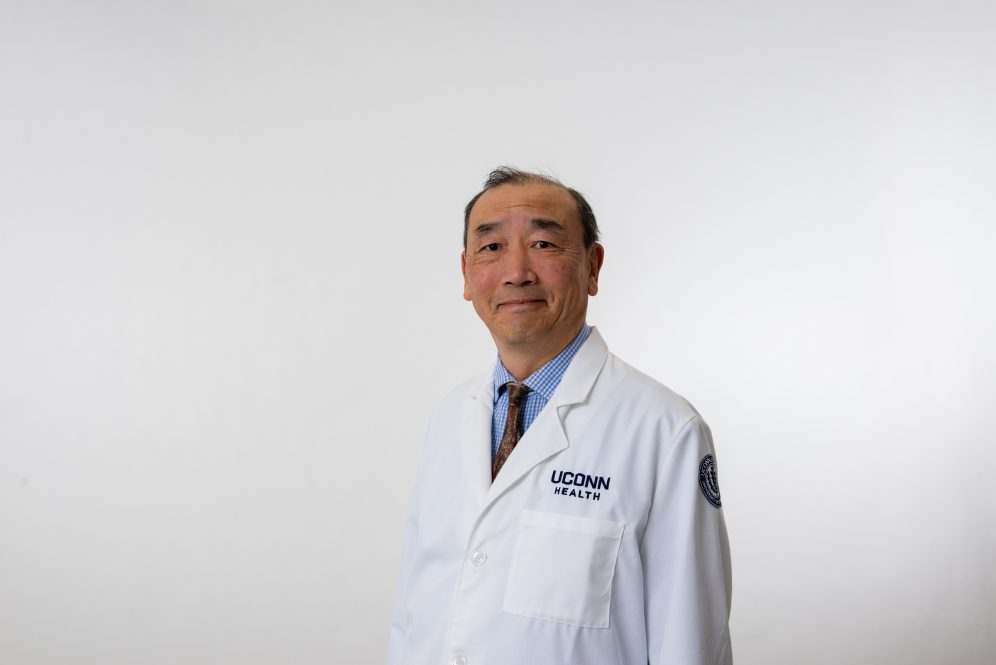Dr. George Y. Wu, PhD, former director, Hepatology Section, Division of Gastroenterology-Hepatology, and Herman Lopata Chair in Hepatitis Research, has been awarded a Fulbright Scholarship to promote and teach liver disease studies and research in Egypt, beginning in fall 2021.
Wu, now Professor Emeritus, applied for the Fulbright scholarship with the encouragement and support of friends and colleagues in Egypt. The Fulbright, which is awarded by the U.S. State Department and international sponsors, will allow him to teach and conduct research in Egypt for a year; he plans to separate his teaching and research efforts into two two- month dedicated segments, with the second segment planned for spring 2022. He will be based at the National Research Centre in Cairo, which is located near the Cairo University Medical School.
Wu’s relationship with the Fulbright program goes back many years. He sponsored an Egyptian Fulbright scholar in the 1990s and was a Fulbright specialist himself in 2013, conducting a series of lectures in Egypt on viral hepatitis. He made many friends and colleagues during his tenure there and looks forward to returning and reciprocating for the Fulbright opportunities he has enjoyed in the past.
“This is a tremendous opportunity to bring new technology and methodology based on our research and experience fighting liver disease to the Egyptian medical community, focused especially on medical and graduate students and researchers,” Wu explained. “At UConn Health, we see many patients with severely damaged livers, and have been studying ways to mitigate this damage, as well as preserve function and integrity. We will pursue case-based learning, providing materials, guidance and direction so students also can teach themselves.”
Wu’s research focuses on rescuing sick and damaged liver cells, applying new techniques, substances and drug regimens to mitochondria, membrane-bound cell organelles that generate most of the chemical energy needed to power the cell’s biochemical reactions. Describing mitochondria as “nature’s little powerhouses,” his research, he explains, looks at ways to mitigate the damage caused to these cells, often the result of drug reactions, and to rescue damaged cells and the liver by introducing healthy mitochondria.
The research he has been conducting involves introducing substances that bond with mitochondria to direct them to the liver. The intended result is to substitute the diseased cells with healthy replacements, thus hopefully precluding the need for major surgery and transplantation.
“Ultimately, my goal is to foster enthusiasm and collaboration, while generating interest among researchers and other medical professionals to work with colleagues on finding short- and longer-term solutions for combatting liver disease,” Wu reflects. “Of course, I’m interested, also, in making new friends and developing professional relationships, and look forward to travel and seeing more of this beautiful country through the companionship of Egyptian friends, students and colleagues.”



